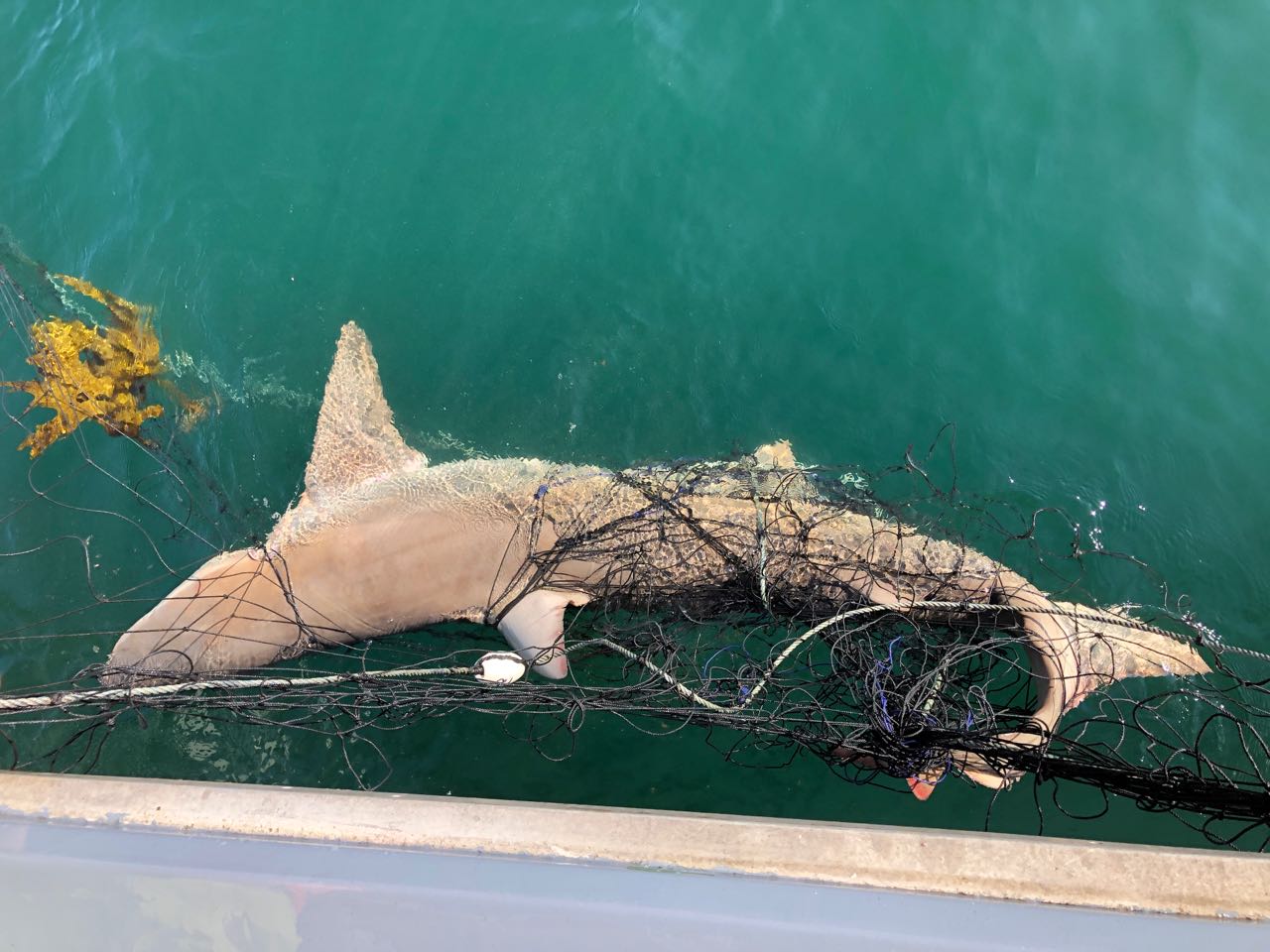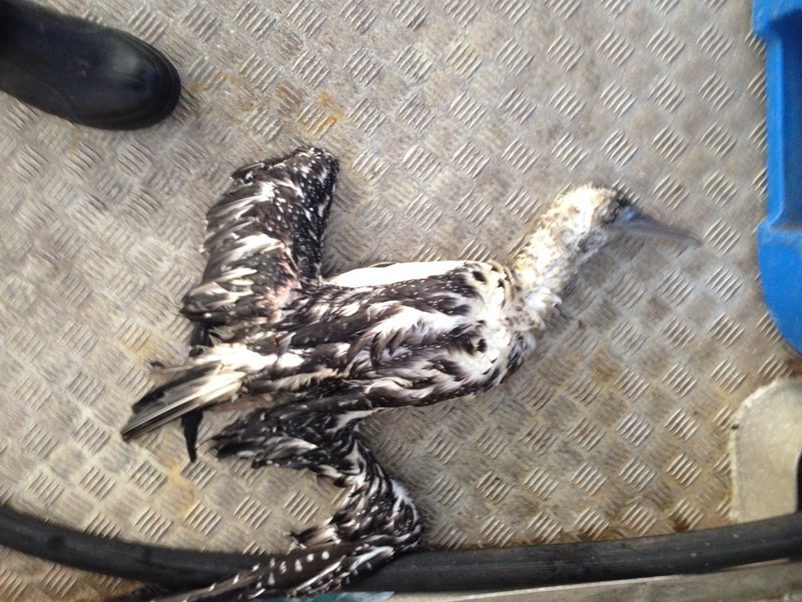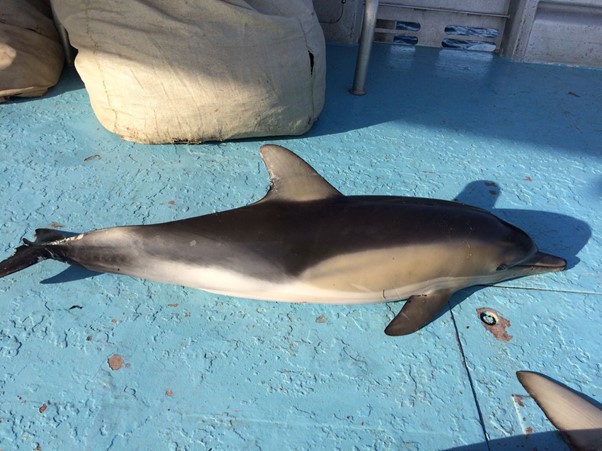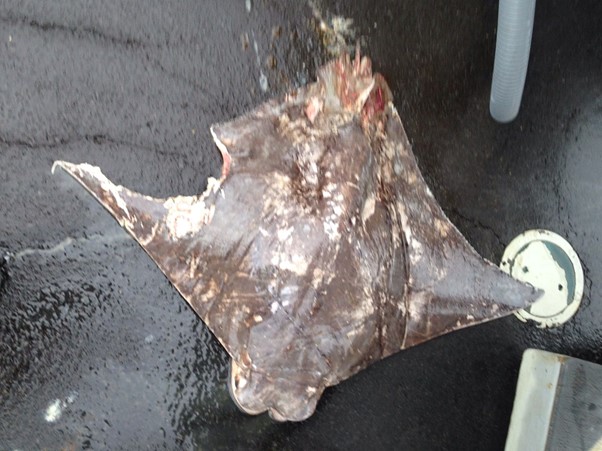Sharks aren’t the only marine animals suffering painful and prolonged deaths as a result of Australia’s outdated and ineffective ‘shark control’ program.
For years we have been made to believe that sharks are ruthless man-eaters, with a thirst for blood. But, what if sharks are not the indiscriminate killers they are made out to be? What if the real danger – to humans and marine animals – is a cruel and ineffective government culling program designed in the 1930s?
A hard-hitting new documentary brings us over seven years of covert footage to expose the truth about the catastrophic implications of Australia’s shark culling program.
Narrated by Eric Bana, Envoy: Shark Cull is the passion project of Director Andre Borell who is determined to show Australians what’s really happening to animals just hundreds of metres from shore on the east coast of Australia.
You can watch the trailer below and stream the full documentary on Stan in Australia and New Zealand and Discovery+ in the US and the UK. Then read on to discover what you can do to help make our oceans safe for everyone.














